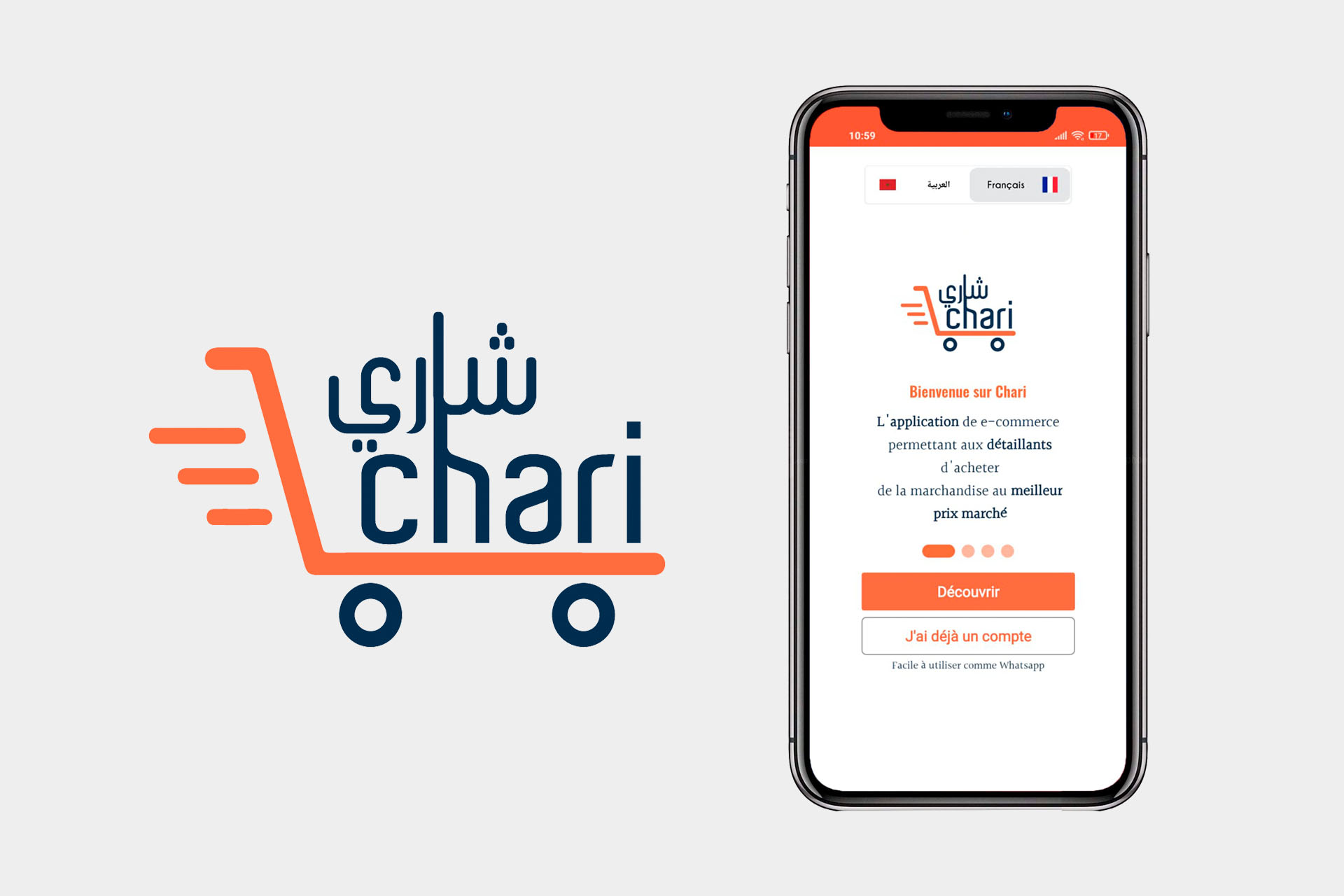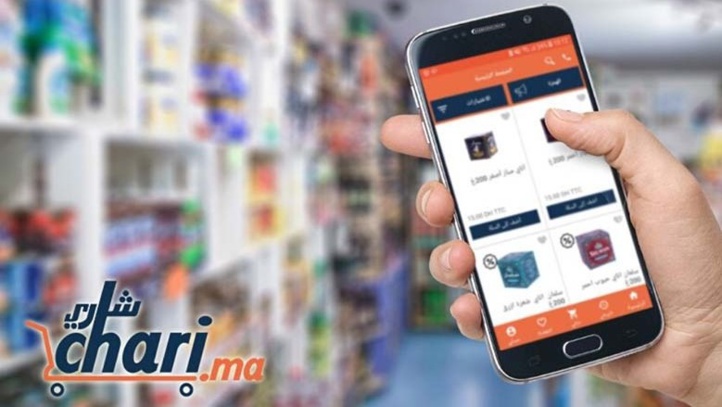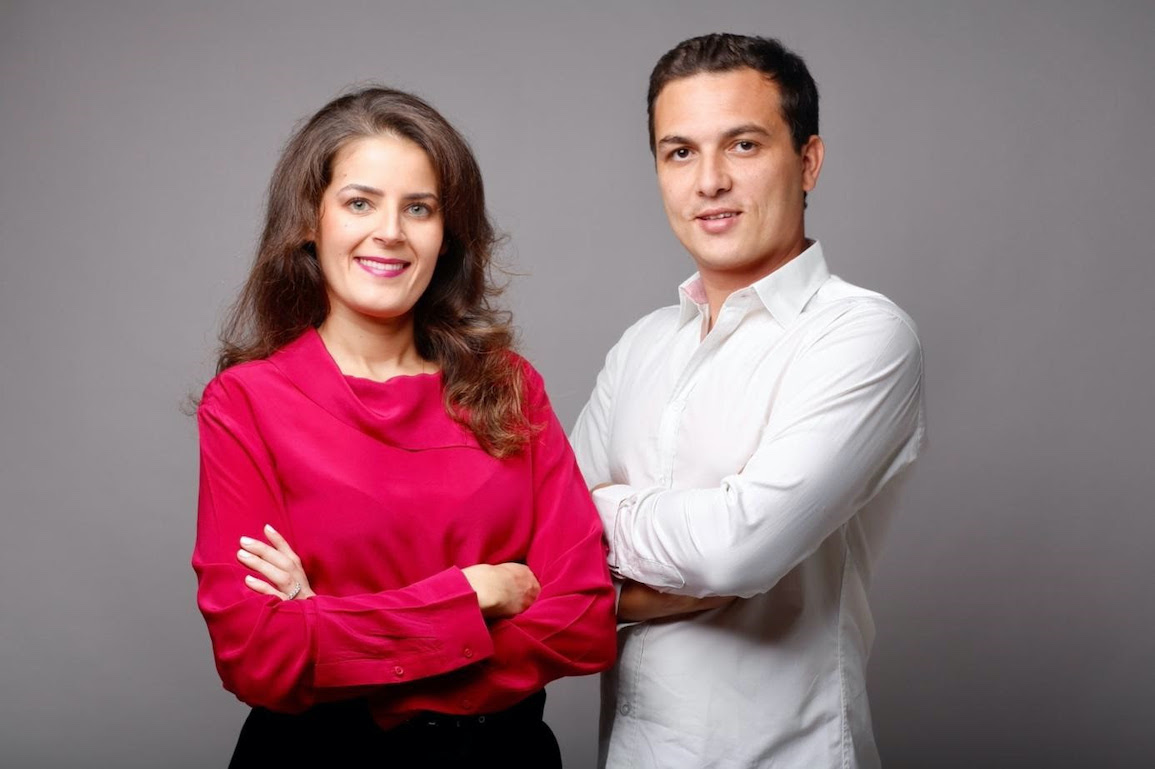
Morocco’s Chari valued at $100M in bridge round as it looks to pilot BNPL services
Moroccan B2B e-commerce and retail startup Chari confirmed to TechCrunch that it has secured a bridge round at a $100 million valuation.
The bridge round welcomed new investors Khwarizmi Ventures, Air Angels and Afri Mobility, the venture capital arm of AKWA Group.
They join existing investors (Y Combinator, Rocket Internet, Global Founders Capital, Plug n Play, Orange Ventures, Harvard University Management Company, Village Capital and P1 Ventures) who invested in Chari’s $5 million seed round last October at $70 million.

Like many startups playing in the B2B e-commerce space across the continent, Chari digitizes the largely fragmented FMCG sector in Morocco and Tunisia.
Chari operates as a mobile app, allowing small retailers in these two countries to order products from partnering FMCG multinationals and local manufacturers and get items in less than 24 hours.
Last October, the YC-backed company acquired Moroccan ledger book Karny.ma. The Khatabook-esque platform provides credit and bookkeeping services to about 50,000 merchants. It allows these merchants to handle the credit they give to their clients.
The Karny acquisition and bridge round fits into Chari’s strategy to provide payment facilities. It puts the company in a sweet position to offer financial services, particularly buy now, pay later, to its retailers.
“Chari will use the money of this bridge round to test the BNPL services with its existing customers. Upon successful results, Chari will acquire a local credit company to enable shop owners to lend money to their end-users and further grow their business,” said chief executive Ismael Belkhayat in a statement.

Karny gives Chari valuable data on the loans provided by grocery stores to their customers and allows Chari to credit-assess the unbanked shop owners, determining the most applicable payment terms to give each.
So, in essence, Karny data allows Chari to find out about the items sold by the shop owners to their end clients and the amount lent. Through its internal closed-loop digital wallet, Chari will now offer payment terms and BNPL options to some of its shop owners based on their date of registration, order frequency, average basket order and amount of money lent to their end consumers.
Belkhayat, who founded the company with Sophia Alj, said Chari has selected a few shop owners to test run this. Based on the four criteria, merchants can have a negative balance on their digital wallets; the ceiling is between -$100 to -$500 and no more than 30 days without charge.
Once it gets operations right in Morocco, Chari plans to expand this BNPL service to Tunisia and other French-speaking countries in Africa.
BNPL services are starting to experience strong growth in Africa due to the rapid penetration of e-commerce and the effects of the pandemic.

Several BNPL services cater to consumers, such as Nigeria’s Carbon Zero, South Africa’s Payflex (recently acquired by Australian BNPL Zip) and Kenya’s LipaLater (recently raised $12 million in equity and debt). Others serve businesses like TradeDepot, a Nigerian company similar to Chari, while some make infrastructural plays like Nigeria’s ThankUCash.
Usually, companies raise debt financing for their BNPL initiatives; most of the players, as mentioned above, have done so. But Chari opted not to. According to Belkhayat, the reason was that the debt venture funds Chari was in talks with wanted to charge the company as high as 15% in interest rates.
“Since this is just a pilot, I prefer to raise the money at a high valuation from funds that could help me with my strategy. I get a little diluted, but in exchange, I get a lot of help from experienced founders,” he said, explaining Chari’s high valuation at seed level and why it only raised equity. “Once the pilot succeeds, I will need much more funding for my working capital requirement and will raise debt instead of diluting equity.”
Source: TechCrunch




